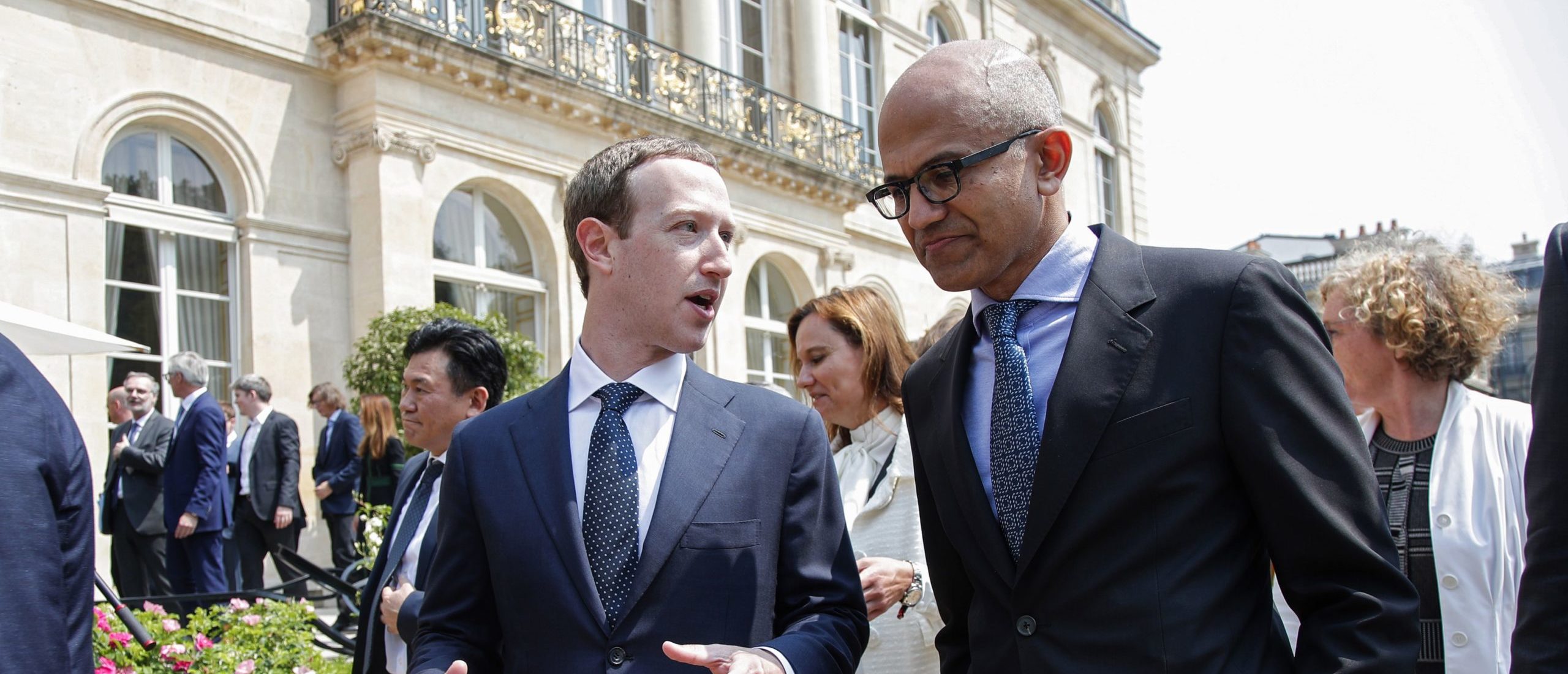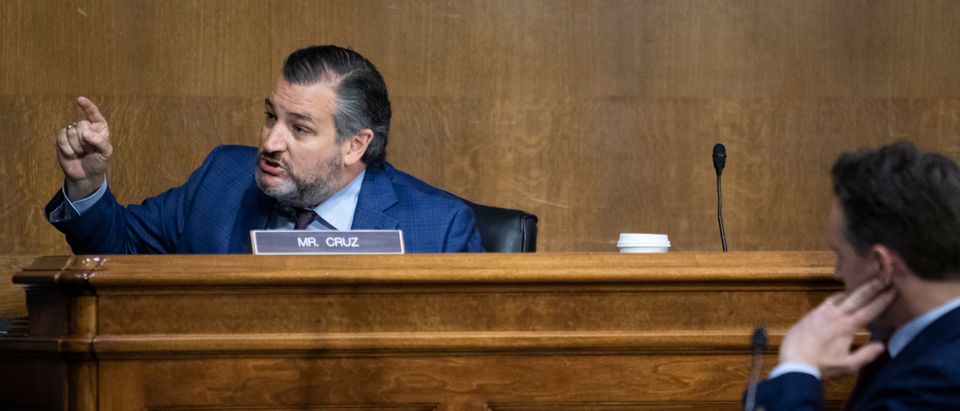The Senate Judiciary Committee approved a bill Thursday aimed at preventing major tech companies from prioritizing their own services on online platforms, passing the legislation with strong bipartisan support.
The American Innovation and Choice Online Act, introduced by Republican Iowa Sen. Chuck Grassley and Democratic Minnesota Sen. Amy Klobuchar, is a companion to legislation introduced by Republican Texas Rep. Ken Buck and Democratic Rhode Island Rep. David Cicilline, and it is designed to prevent discriminatory conduct by major online platforms. If passed, the bill, intended to target Amazon, Google, Microsoft, Facebook and Apple, would prevent dominant online platforms from prioritizing their own services in search results or through algorithmic manipulation in addition to excluding or discriminating against competitors.
The legislation passed 16-6 with bipartisan support, and will now head to the Senate floor. Despite strong critiques from California Democratic Sens. Dianne Feinstein and Alex Padilla, every Democrat voted to pass the bill out of committee, as did five Republicans: Sens. Ted Cruz, Josh Hawley, Lindsey Graham, John Kennedy, and Chuck Grassley.
Republican Sens. Mike Lee, John Cornyn, Ben Sasse, Tom Cotton, Thom Tillis, and Marsha Blackburn voted no on the legislation, though Blackburn expressed a willingness to work with Klobuchar on the bill before it receives a floor vote.
Republican Utah Sen. Mike Lee, one of the leading GOP voices on antitrust issues and the ranking member on the Senate competition subcommittee, expressed his opposition to the bill, arguing that the legislation could cause “collateral damage” to consumers and other businesses in addition to questioning the lack of attention the bill received in committee hearings. (RELATED: ‘Insta Greed’: Senators Press Facebook To Address Harm To Children, Sex Trafficking)
“We have to be very careful when we’re doing this to make sure we’re not creating more of the same problem we’re looking to address,” Lee said.
Lee also said the bill would empower regulatory agencies and give “deep state bureaucrats control over Big Tech,” calling regulators “rabid ideologues.”
“And yes, I’m talking about the FTC,” Lee said.
Democratic California Sen. Dianne Feinstein echoed Lee’s concerns and questioned whether the legislation should broaden its scope to include companies other than Apple, Google, Amazon, Microsoft and Facebook.

Facebook’s CEO Mark Zuckerberg (L) speaks with Microsoft’s CEO Satya Nadella after posing for a family picture with guests who attend the “Tech for Good” Summit at the Elysee Palace in Paris, on May 23, 2018. (Photo by CHARLES PLATIAU/AFP via Getty Images)
“It’s difficult to see the justification of a bill that regulates the behavior of only a handful of companies while allowing everyone else to engage in that exact same behavior,” Feinstein said.
Feinstein also voiced privacy and security concerns, echoing objections of the tech companies themselves, and she said even federal agencies have concerns over the bills.
Tech companies, trade groups and critics of the bill have consistently maintained that the legislation would harm consumers by degrading privacy and security protections due to data sharing requirements, as well as affecting popular services like Amazon Prime and Google Maps. Critics have also maintained the bill would threaten to derail the American technological progress and make the U.S. tech industry less competitive with those of foreign countries, particularly China.
Republican Texas Sen. John Cornyn introduced an amendment aimed at protecting consumer data from Chinese companies, which was adopted after adding a second-degree amendment introduced by Klobuchar and Grassley.
The Open App Markets Act, introduced by Republican Tennessee Sen. Marsha Blackburn and Democratic Connecticut Sen. Richard Blumenthal, was also due to be considered during this session, but it was held over until next week.
Klobuchar and Republican Arkansas Sen. Tom Cotton introduced another antitrust bill targeting Big Tech, the Platform Competition and Opportunity Act, that would prevent large tech companies from engaging in certain mergers. That bill has yet to receive a hearing.
All content created by the Daily Caller News Foundation, an independent and nonpartisan newswire service, is available without charge to any legitimate news publisher that can provide a large audience. All republished articles must include our logo, our reporter’s byline and their DCNF affiliation. For any questions about our guidelines or partnering with us, please contact licensing@dailycallernewsfoundation.org.


